Here are facts about North Korea:
Let’s be honest — when someone says “North Korea,” your brain probably lights up with a dozen intense images. Military parades, strict leaders, nuclear threats, and… Dennis Rodman? Yep, it’s a lot. But beneath the headlines and the politics, North Korea is a complex, fascinating place that often feels like a world frozen in time.
If you’ve ever wondered what life is actually like in this mysterious corner of the world, buckle up. We’re diving into the Hermit Kingdom for a tour that’s part history lesson, part culture dive, and all sorts of weirdly fascinating.
📍Where Even Is North Korea?
North Korea — officially the Democratic People’s Republic of Korea (DPRK) — is sandwiched between South Korea, China, and a tiny stretch of border with Russia. The country hugs the eastern edge of Asia and faces the Sea of Japan (or East Sea, depending on who you ask).
Its neighbor to the south, South Korea, is like its polar opposite — a bustling tech paradise known for K-pop, Samsung, and ultra-fast internet. North Korea, on the other hand, is still living in a parallel universe where the Cold War never really ended.
🏛️ A Quick & Dramatic History Lesson
So, how did things get this way?
- Korea used to be one united country for centuries.
- After World War II, it was split into two — the Soviets took the north, and the Americans took the south.
- In 1950, the Korean War broke out when the North invaded the South. It ended in 1953 with a ceasefire — not a peace treaty — so technically, they’re still at war.
- The border, known as the DMZ (Demilitarized Zone), is one of the most heavily guarded places on Earth.
Since then, North Korea has been under the control of the Kim dynasty — first Kim Il-sung, then Kim Jong-il, and now Kim Jong-un. It’s the world’s only communist hereditary dictatorship.
🏙️ Pyongyang – The Showpiece City
If you ever get a chance to visit North Korea (yes, it’s possible, but very tightly controlled), you’ll most likely stay in Pyongyang. This is the capital city — clean, organized, and oddly quiet.
Pyongyang is home to:
- Giant statues of the country’s leaders.
- Wide, empty streets with barely any cars.
- Colorful buildings that look like they were pulled from a retro video game.
- The Juche Tower, a monument to the country’s unique philosophy of self-reliance.
It’s kind of like being in a movie set — everything looks perfect, but you can’t quite shake the feeling that something’s… off.
🎖️ The Personality Cult – All Hail the Kims
One of the most surreal parts of North Korean life is the cult of personality around the Kim family. We’re not talking regular patriotism — this is next-level devotion.
- Portraits of Kim Il-sung and Kim Jong-il are everywhere — in homes, schools, train stations.
- Every citizen wears a pin with one of the Kims on it.
- Children learn about the Kims from kindergarten.
- There are even mandatory mourning days where people bow or lay flowers in front of their statues.
It’s intense, and it’s enforced. Praising the leaders is a must. Criticizing them? Don’t even think about it.
🕊️ The Juche Philosophy
North Korea doesn’t just do communism — it does Juche.
Juche is a philosophy created by Kim Il-sung, and it means something like “self-reliance.” It basically says, “We don’t need anyone. We’ll do everything ourselves.”
That’s why North Korea isolates itself from the rest of the world, bans most foreign media, and builds everything from scratch. It’s both their ideology and their excuse for everything that doesn’t work.
🚫 What You Can’t Do in North Korea
Here’s where things get even more unusual. The list of what you can’t do in North Korea is longer than a holiday wish list. Some examples:
- No Facebook, Instagram, YouTube, or internet as we know it.
- No international phone calls without permission.
- No wearing jeans or Western-style clothing in public.
- No leaving your hotel alone if you’re a foreigner.
- No taking random photos — only what your government-approved guide says is okay.
North Korea has built a bubble — and they want everyone to stay in it.
🍲 What’s for Dinner?
Surprisingly, North Korean food is pretty tasty — at least what tourists get to try. The dishes are similar to South Korean cuisine but less spicy and more modest.
Some staples:
- Naengmyeon (cold noodles in broth)
- Kimchi (fermented vegetables — spicy, salty, and crunchy)
- Grilled meat, rice, pickled side dishes
- Occasionally, dog meat stew is served as a delicacy (yes, it’s still a thing)
But keep in mind, food shortages are a serious issue. Outside Pyongyang, many North Koreans survive on very little, especially in rural areas.
🎵 Pop Culture – The Approved Kind
While the rest of the world is binging Netflix or dancing to BTS, North Koreans are… well, not.
They get:
- State-approved music about the greatness of their leaders.
- Propaganda films that glorify the military and vilify the West.
- Carefully curated art, literature, and TV shows — all with strong moral lessons.
Foreign films and music are banned, though some people secretly watch smuggled South Korean dramas on USB drives — a serious crime if they’re caught.
🧑 Life for Regular People
What’s daily life like for the average North Korean?
- Jobs are assigned by the state — you don’t apply, you’re told.
- Everyone is part of a neighborhood watch group, where people report on each other.
- Kids attend ideology classes on top of regular school subjects.
- Electricity is limited — blackouts are common.
- Foreigners and locals rarely interact.
Despite all this, people still laugh, fall in love, go to markets, cook dinner, and raise families. They find joy where they can.
🎆 Nuclear Weapons and International Tension
Let’s address the elephant in the room — nukes.
North Korea has been developing nuclear weapons for years. It’s a big reason why the country is often in the news and under heavy sanctions.
Their leader, Kim Jong-un, loves a good missile test. It’s part intimidation, part national pride. But it keeps the world on edge — especially neighboring countries like Japan and South Korea.
🚧 The Border with South Korea – Drama at the DMZ
The DMZ (Demilitarized Zone) is the tense border between the two Koreas. It’s 250 km long, 4 km wide, and heavily fortified.
It’s also one of the weirdest tourist spots in the world. You can actually visit, stare across the border, and even step into a meeting room where North and South Korea technically “share” the space.
Fun (and chilling) fact: the two countries have speakers blasting propaganda at each other across the border. Music, speeches, you name it.
🌍 So… Should You Visit?
Surprisingly, yes — you can visit North Korea through special guided tours. You’ll be assigned a government guide, and you’ll follow a strict itinerary. No wandering off. No unsupervised conversations.
But visitors often come away amazed — not just by what they saw, but by what they weren’t allowed to see.
🧠 Final Thoughts: A Country of Contradictions
North Korea is one of the most fascinating and puzzling countries on the planet. It’s both beautiful and controlled. Proud and paranoid. Isolated, yet always in the spotlight.
For many, it represents a cautionary tale of unchecked power and propaganda. For others, it’s a glimpse into a society that lives by rules so different, it feels almost alien.
But one thing is certain — behind the walls, the missiles, and the myths, millions of real people live their lives every day in a world we barely understand.
Maybe someday, the borders will open, the stories will flow freely, and we’ll get to see a fuller picture of life in North Korea. Until then, we watch from afar — curious, concerned, and always intrigued.

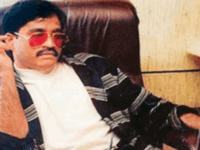
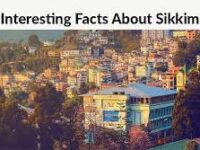
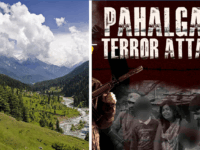
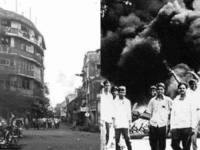
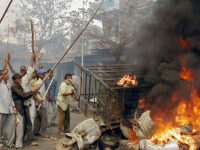
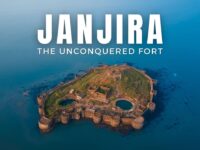
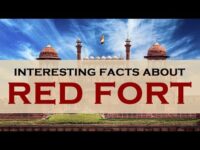
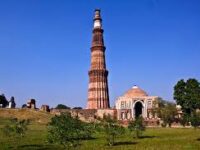
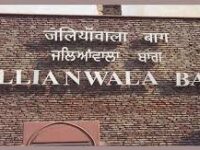

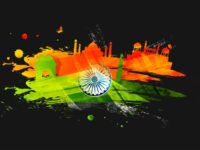
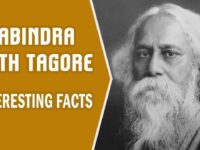
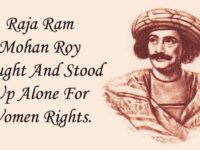
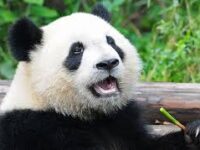
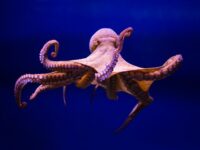



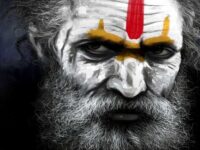
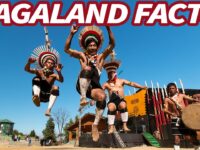
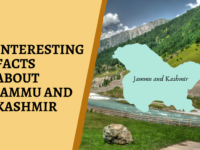


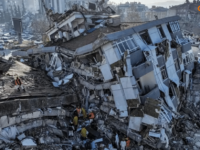
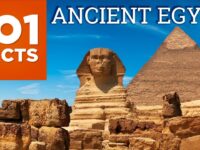
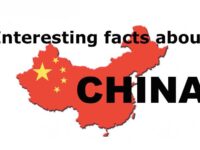
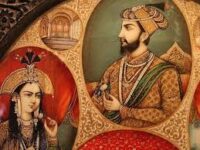
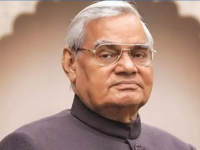

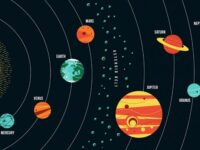
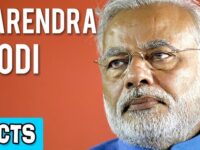

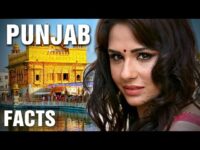


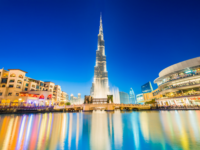

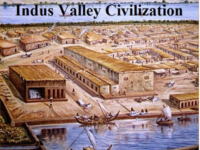
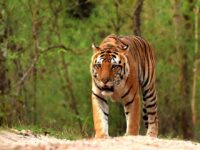
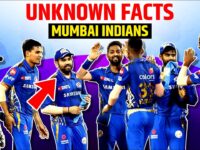
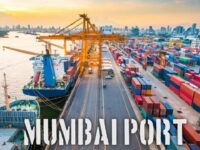


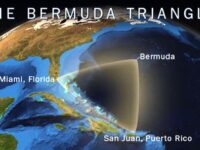
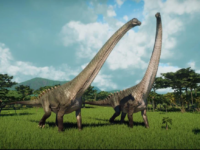
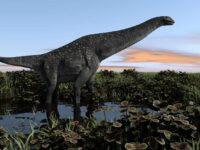

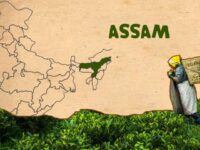
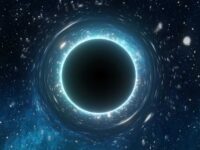
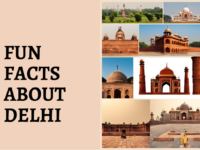
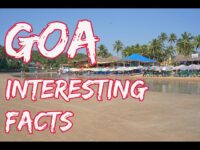
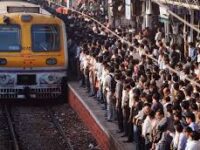
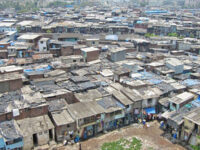
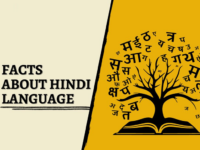
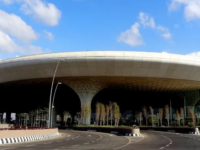
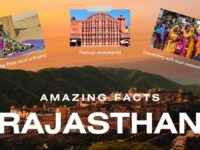

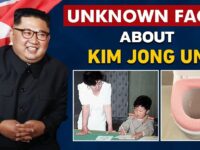
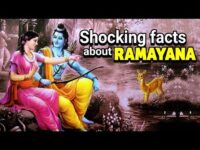


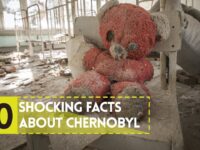
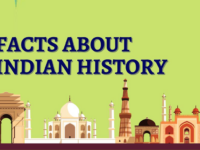
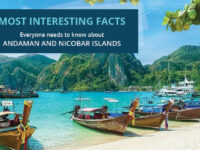
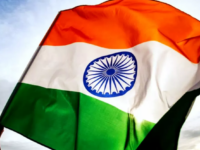
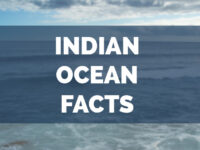
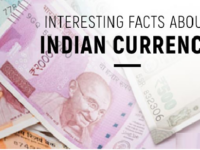
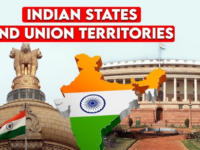


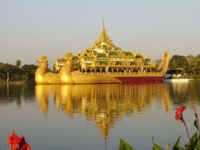

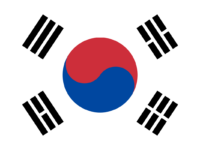

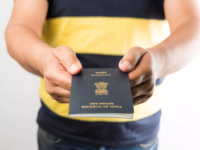
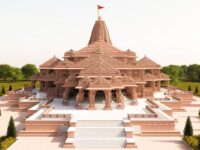

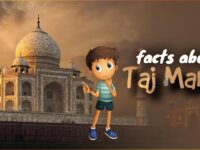
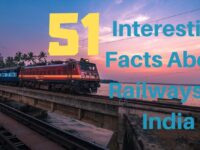
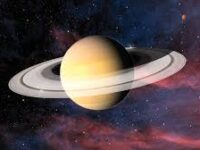
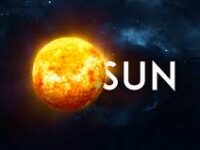
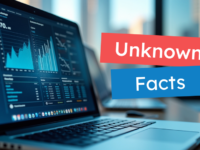

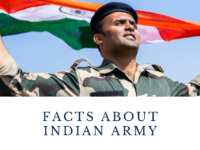
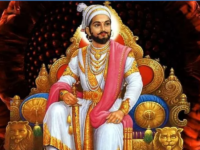
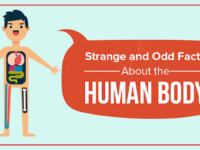
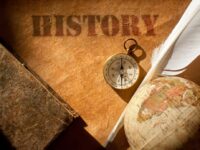


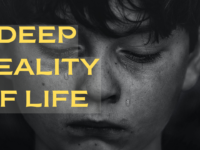
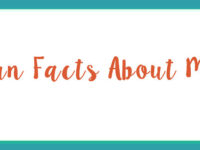
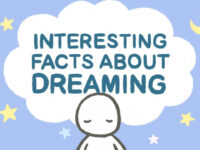
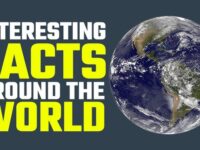

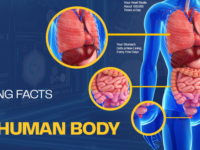
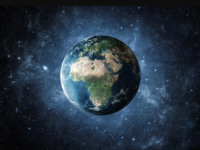
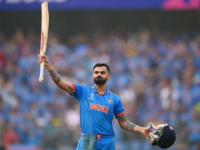


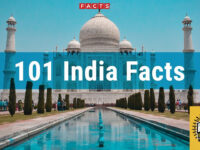
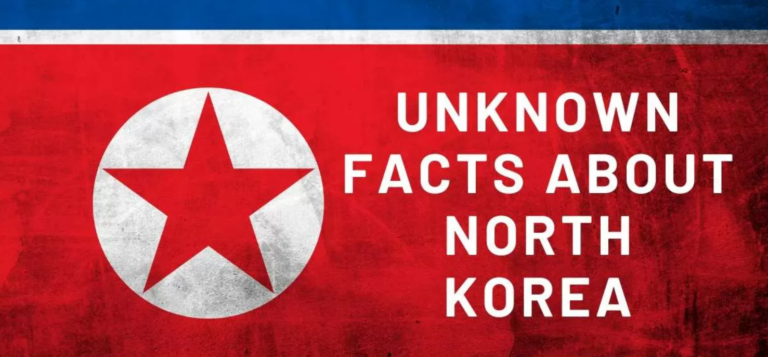
0 Comments